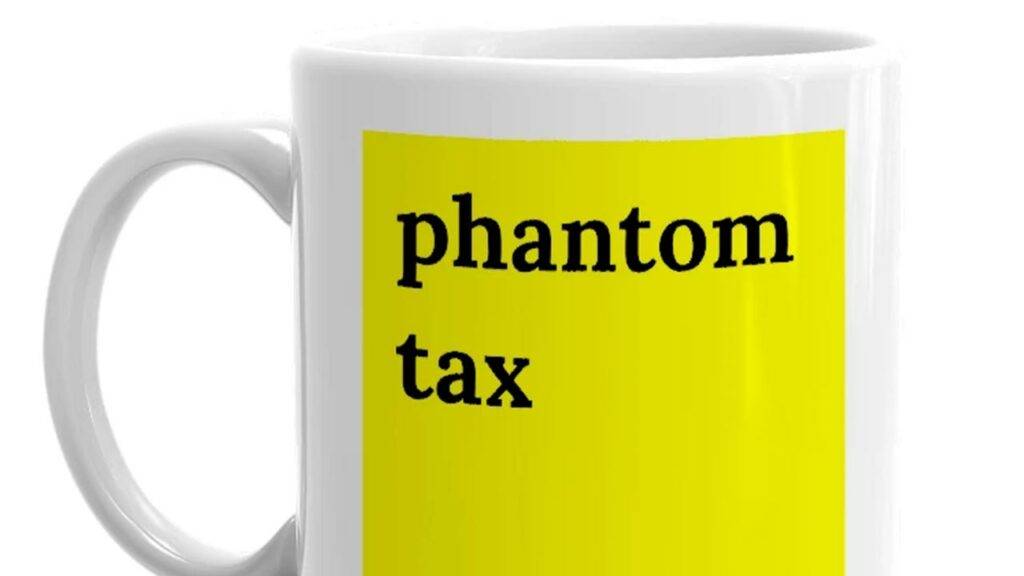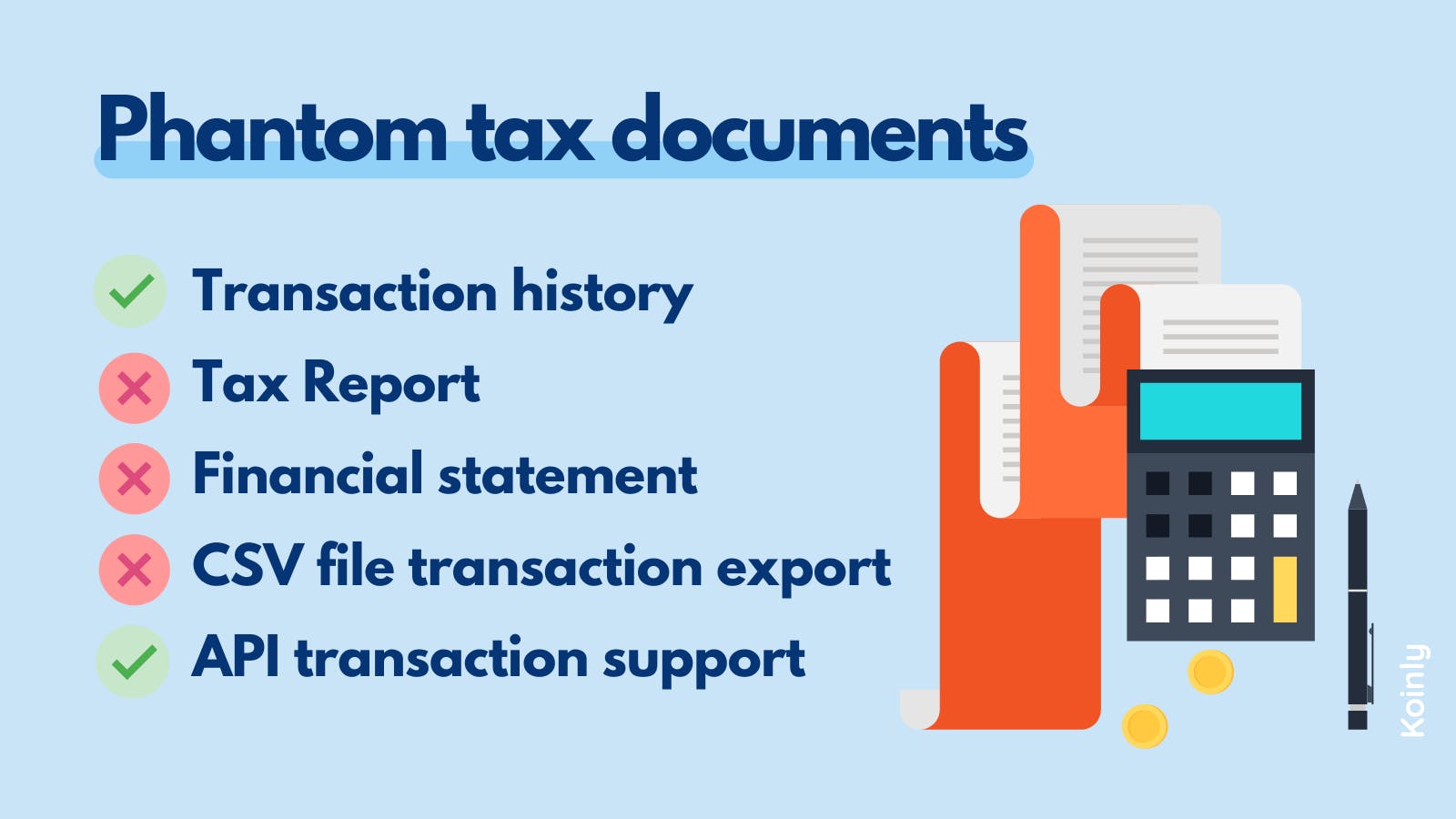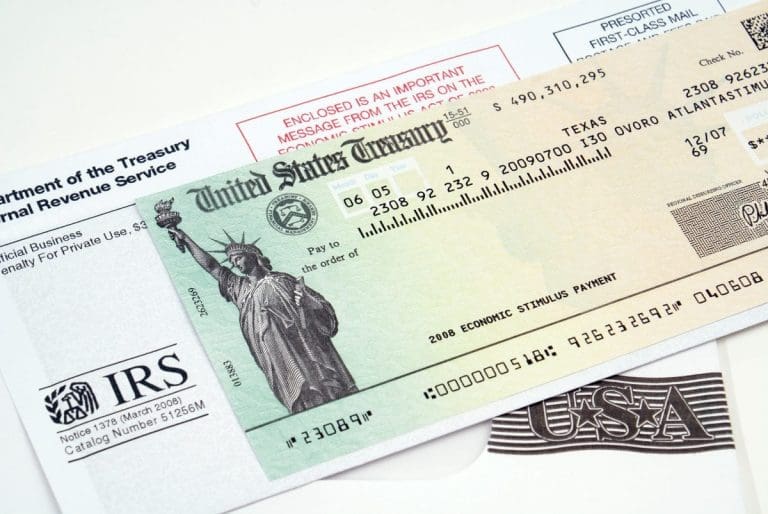
What is Phantom Tax? Everything You Need to Know!
Hey there, tax adventurers! 🌟 Have you ever heard of the term “phantom tax”? If you haven’t, you’re in for a treat (partial sarcasm intended). This blog post is dedicated to breaking down the mysterious concept of phantom tax in the friendliest and most engaging way possible. So, buckle up because we’re diving deep!

Understanding Phantom Tax: The Basics
Phantom tax refers to taxable income that is reported but never actually received in cash. Yep, you read that right! You might have to pay taxes on income that didn’t even hit your bank account. Sounds spooky, right? But don’t worry—we’re here to clarify things for you.
Why Is Phantom Tax a Big Deal?

Phantom tax can distort your financial planning, create unexpected tax liabilities, and pose significant cash flow challenges. Whether you’re an individual taxpayer or a business, it’s crucial to understand how phantom tax works to avoid unpleasant surprises.
How Does Phantom Tax Come Into Play?
Phantom tax often arises in specific scenarios such as:
- Stock Options: When employees exercise stock options, they might need to report income even if the stocks are not sold.
- Deferred Compensation: Salary or bonuses that are earned but paid out in the future, yet taxable in the current year.
- Forgiven Debt: When a portion of a loan is forgiven, the forgiven amount may be considered taxable income.
Examples of Phantom Tax Scenarios
Let’s look at some classic examples to further understand this phantom menace:
1. Unrealized Gains on Stocks
Imagine you have stocks that have appreciated in value. Even if you haven’t sold them, the appreciation might be considered taxable under certain circumstances. Weird, right?
2. Zero-Coupon Bonds
These bonds don’t pay interest periodically. Instead, they are bought at a discount and redeemed at face value. The imputed interest is taxed annually, even though you don’t receive cash until maturity!
3. Depreciation Recapture on Real Estate
Property owners can write off depreciation annually, reducing taxable income. But when the property is sold, all that depreciation taken over the years has to be added back to your taxable income. Hello, phantom tax!

Managing Phantom Tax
So, how do you deal with the financial specter that is phantom tax? Here are some strategies:
Plan Your Income Recognition
Properly timing your income recognition can help align your cash flows with tax obligations. For example, plan stock option exercises for periods of higher liquidity.
Optimize Compensation Structures
Consider fixed cash payments instead of stock options, or other compensation structures that offer more flexibility.
Maintain Adequate Reserves
Always keep enough cash to pay your taxes. This avoids liquidating assets under unfavorable conditions.
Consult Tax Professionals
Professional tax advisors can provide tailored advice to manage your specific situation effectively.
For a deeper dive into how phantom tax works and tips on managing it, check out this great resource by Invoicera!

Conclusion
Phantom tax might seem like a financial ghost ready to haunt your tax returns, but with proper planning and strategy, it doesn’t have to be a nightmare. Always stay informed, plan strategically, and when in doubt, consult with a tax professional.
Have you ever encountered phantom tax? How did you manage it? Let us know in the comments below! 👇
Happy taxing, everyone! 💸







